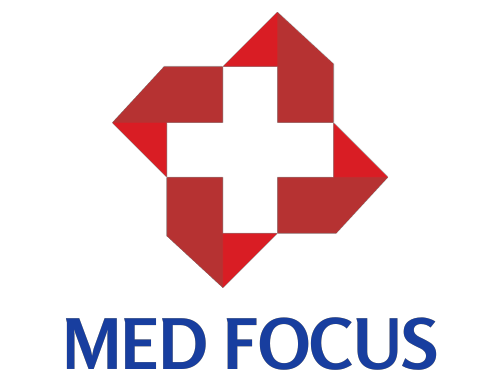
Understanding Evidence-Based Eating
Evidence-based eating is an approach to nutrition that relies on scientific research and robust evidence to guide dietary choices. It emphasizes the importance of making informed decisions about what we eat based on data and sound nutritional principles, rather than fad diets or anecdotal advice.
The Role of Nutrients
Nutrients are the building blocks of our bodies, and they are derived from the foods we consume. These nutrients include carbohydrates, proteins, fats, vitamins, and minerals. Each nutrient serves specific functions in our bodies, and maintaining a balanced intake is essential for optimal health.

The Impact of Diet on Health
A well-balanced and evidence-based diet has far-reaching benefits for health. It can reduce the risk of chronic diseases such as heart disease, diabetes, and certain types of cancer. Additionally, proper nutrition is essential for maintaining a healthy weight, strong bones, and a robust immune system.
Dietary Guidelines and Recommendations
To support evidence-based eating, various governmental and health organizations provide dietary guidelines and recommendations. These guidelines are based on extensive research and serve as valuable resources for individuals seeking to make informed dietary choices.

The Importance of Portion Control
In addition to food choices, portion control is a critical aspect of evidence-based eating. Overeating, even of healthy foods, can lead to weight gain and other health issues. Learning to manage portion sizes is an important skill for maintaining a balanced diet.
Common Misconceptions and Dietary Myths
In the era of information overload, dietary myths and misconceptions abound. Evidence-based eating helps individuals distinguish between reliable nutritional advice and unverified claims. It encourages critical thinking and the reliance on credible sources for dietary information.

Conclusion: A Path to Better Health Through Nutrition
In conclusion, evidence-based eating is a pathway to better health and well-being. By understanding the role of nutrients, following dietary guidelines, and making informed choices about the foods we consume, we can optimize our health and reduce the risk of chronic diseases. In a world filled with dietary fads and misinformation, evidence-based eating is a reliable compass that empowers individuals to take control of their nutrition and embark on a journey toward a healthier, more vibrant life.

Kindly visit themedfocus.com for additional advice and recommendations about attending medical school. If you're seeking a trustworthy internet source, please check out the whole medical school package at the URL below.
https://themedfocus.com/products/the-complete-med-school-bundle
